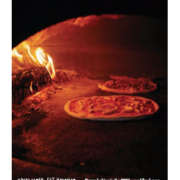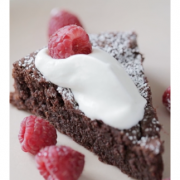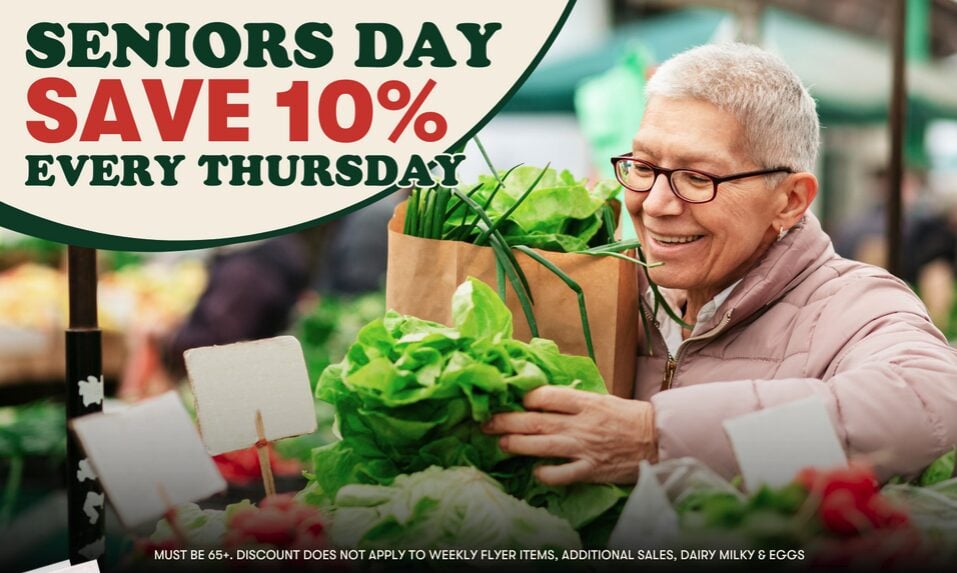The Art of Slow Food Sourdough
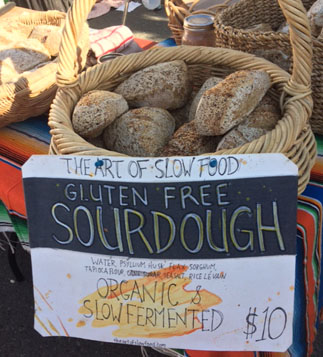 The Art of Slow Food is a philosophy – old world traditions revived for a better lifestyle. Artisan gluten-free sourdough, wild fermented veggies, bone broth and a happy belly.
The Art of Slow Food is a philosophy – old world traditions revived for a better lifestyle. Artisan gluten-free sourdough, wild fermented veggies, bone broth and a happy belly.
Art of Slow Food Bakery & Cafe – Now Open at 780 Fisgard!
Owner, Kaitlin Chamberlin, uses local organic ingredients and traditional methods of food preparation to make unique, delicious creations that nourish your body. Using minimal equipment and prepping in small batches, they offer colorful and delicious food that is local, sustainable and accessible.
The Art of Slow Food meets dietary limitations or preferences of all kinds – gluten-free, lactose-free, vegan & sugar-free – food that isn’t complicated or unpronounceable.
Where to Find Art of Slow! Retailers, Coffee Shops, Farmer’s Markets & More!
• Contact form • [email protected] • 902.476.7732
• theartofslowfood.com • Facebook • Instagram
• View The Art of Slow Food Photo Gallery
• Read the Review in VictoriaNow!
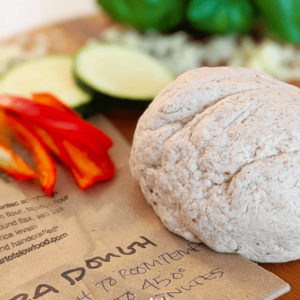 You asked for it! The Art of Slow Food is now selling their raw, sourdough pizza dough. Each dough ball makes a 14″-16″ sized pizzas. Find them in the refrigerator or freezers sections of carrying retailers below and famers’ markets.
You asked for it! The Art of Slow Food is now selling their raw, sourdough pizza dough. Each dough ball makes a 14″-16″ sized pizzas. Find them in the refrigerator or freezers sections of carrying retailers below and famers’ markets.
Visit The Celiac Scene Event Listing.
• About the Dough
- Made with spring water, psyllium husk, ground flax, sorghum flour, tapioca flour, natural levain (wild yeast) and sea salt
- Good for 21 days in the fridge, 3 months in the freezer
- Remove dough from fridge and let it reach room temperature
- Dough will be workable, easy to roll but a bit more sensitive to tearing than gluten dough
- Roll out with a dusting of gluten-free flour or between two pieces of parchment paper
- Crust can be par-baked for 3-5 minutes at 450˚F or for 7-10 minutes all dressed, until cheese browns
- Par-baked crusts can be frozen until needed.
This is extra-special gluten free bread: fresh baked, rustic, soft, chewy and easily digestible sourdough! Using natural wild levain and a base of psyllium husk, flax and water, the dough is fermented for 12-18 hours to allow phytic acid breakdown and real flavor development. The bread is then baked on a stone to create rustic loaves with appealing crust.
The Art of Slow Food does not use common gluten-free ingredients such as xanthan gum, agar agar, potato starch, rice flour or other high-starch ingredients. The bread is made with only 7 simple, organic ingredients, in order of predominance: Spring water, psyllium husk, ground flax, sorghum flour, tapioca flour, natural levain (wild yeast) and sea salt.
As a result of slow fermentation, the carbohydrates and starches in the bread are broken down, creating a light, soft digestible bread. The psyllium husk and ground flax act as a digestive aid and provide a soft, chewy texture without gluten or added starches.
Sourdough selection includes Toasted Sesame, Plain, Kalamata Olive, Rosemary Poppyseed and on occasion, Cranberry Walnut!
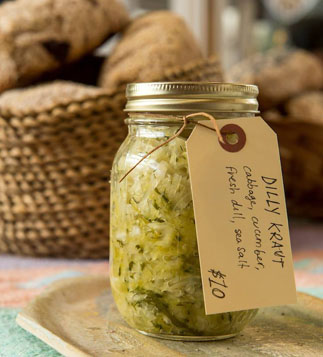 About the Ferments
About the Ferments
Their sauerkraut is made the traditional way – fermented for a minimum of 3 weeks in traditional German crocks and never pasteurized. Enjoy a number of varieties that are versatile and go well with any meal – sandwiches, salads, stir fries, soups, eggs or sausages. Sauerkraut is a highly probiotic food, and is best used to accompany meals to aid in digestion.
Sauerkraut selection includes Dilly Kraut, Cortido Kraut and Chimichurri Kraut.
About the Baker / Fermentor / Creator
Kaitlin is a whole foods chef and baker and has been fermenting for 7 years. She works exclusively with artisan-style traditional foods, using local and organic ingredients to create simple, accessible nourishment. She strives to teach sustainability and self-sufficiency through the art of slow food. Kaitlin has extensive experience working with dietary restrictions and nutritional deficiencies and will work with any specifications by request.
Workshops
Learn the ancient tradition of preserving foods and maximizing nutrition with simple tools and local foods. Bring your own jar and take home a ferment. Learn more here.




